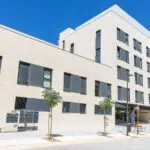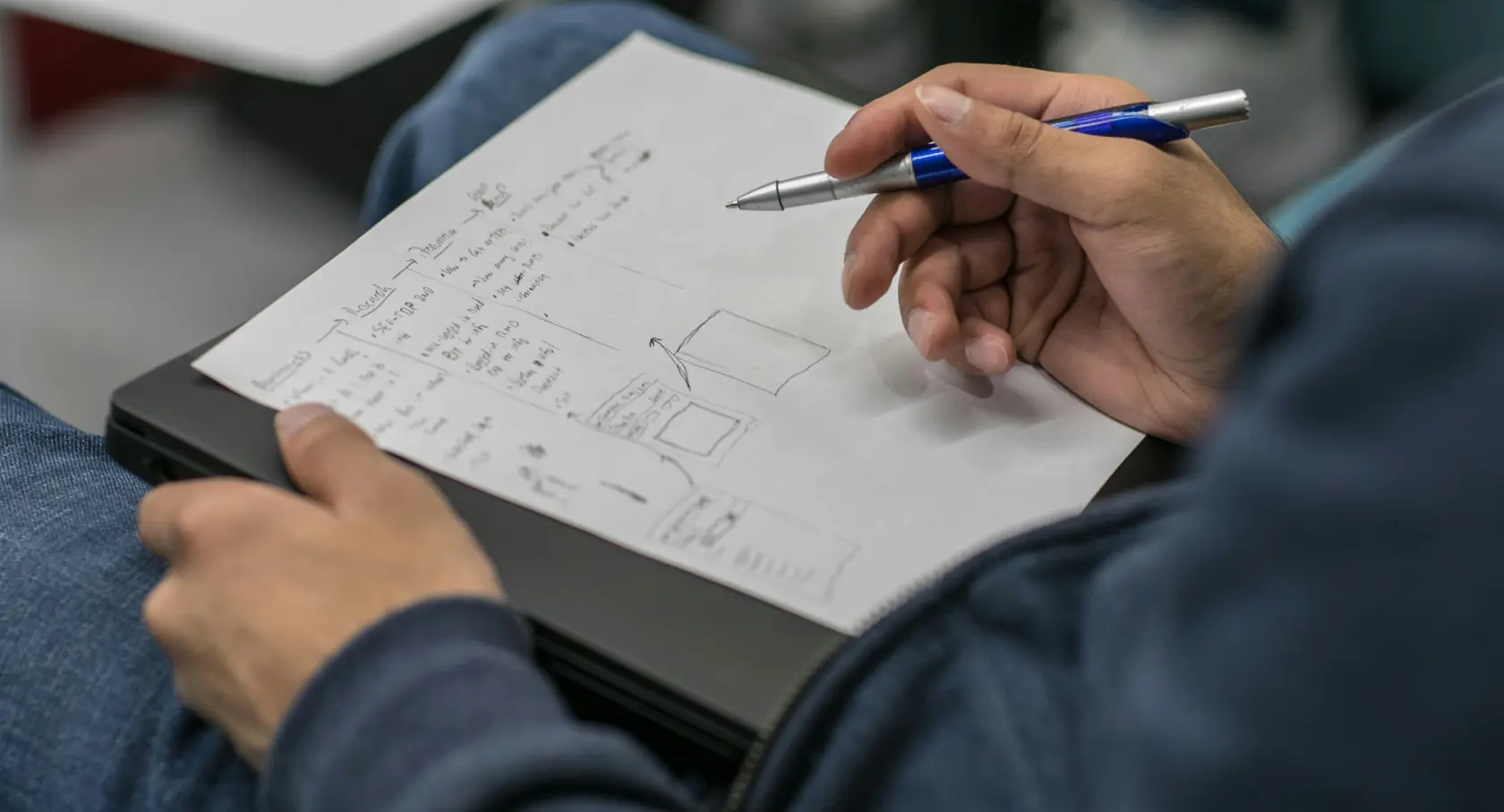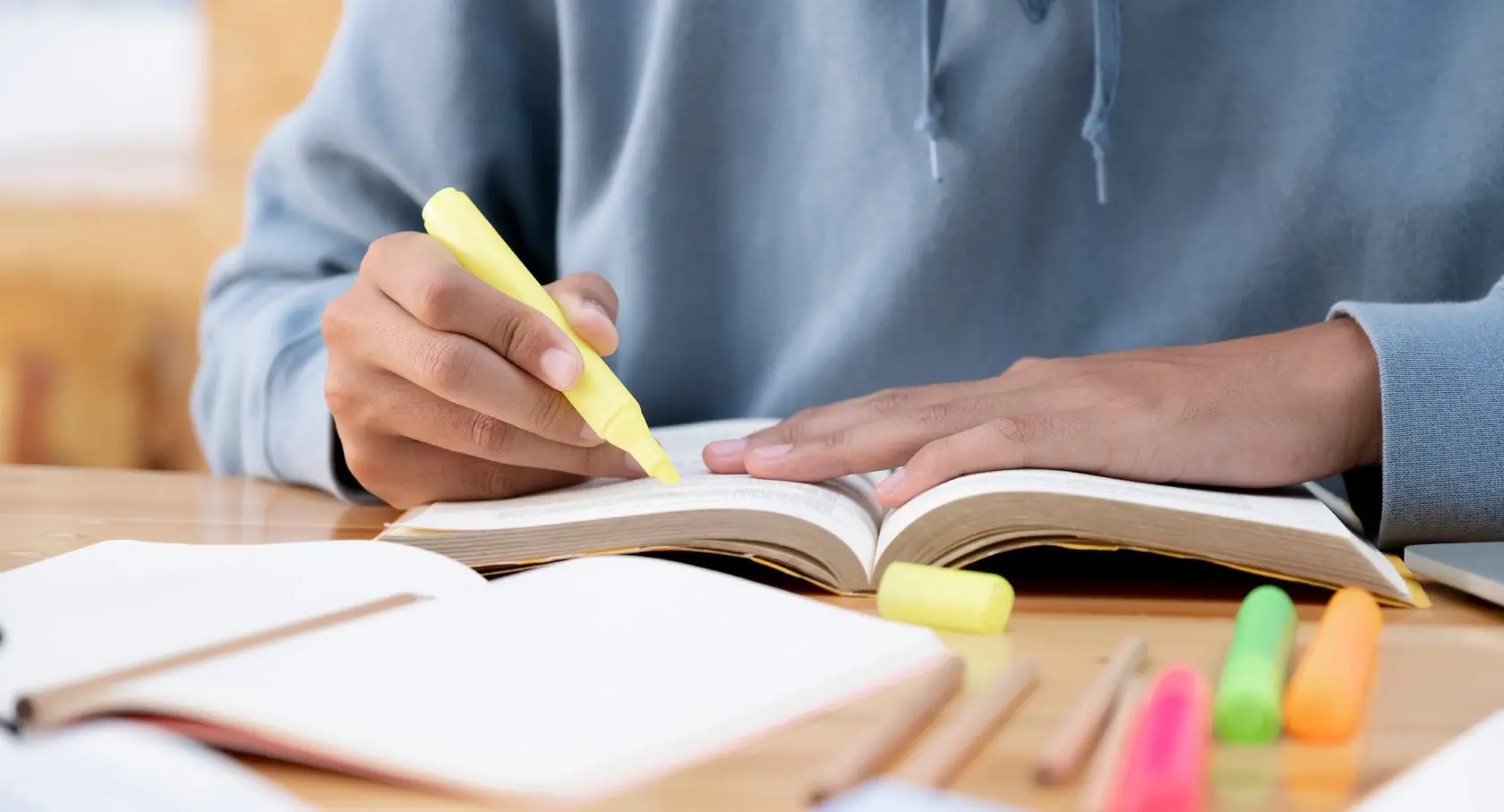Deadlines to apply for the revision of the Selectividad exam in 2023
The deadline for submitting a request for review of the mark obtained in one or more of the tests that make up the assessment shall be from the day after the results are published and during the following three working days.
Steps of the revision of the Selectividad exam:
Once the student has received their test results and is sure they want to submit a review, they should complete the following steps:
Step 1: Request for review
Go to the Access, Admission, and Permanence Service website where the marks are published and, through the “reviews” menu, submit the request for review.
Step 2: Resolution of the review
The resolution of the revision can be consulted on the web page of the Access, Admission, and Permanence Service, this will be the arithmetic mean of the grades obtained in the two corrections. However, if the difference between the two corrections is more than two points, a third correction will be made by a third examining board (it is not necessary to request it). Therefore, the final mark will be the average of the three marks.
Step 3: 3rd revision of the exams
If students are not satisfied with the first two corrections, they may request a third revision of the exams. In this way, their mark will be the average of the three marks.
Step 4: Final marks
Once the review process has been completed, the body determined by each education authority will notify claimants of their final marks.
Step 5: Review the decision
Within a maximum period of ten days from the notification of the review decision, students will be able to see their revised tests.













































